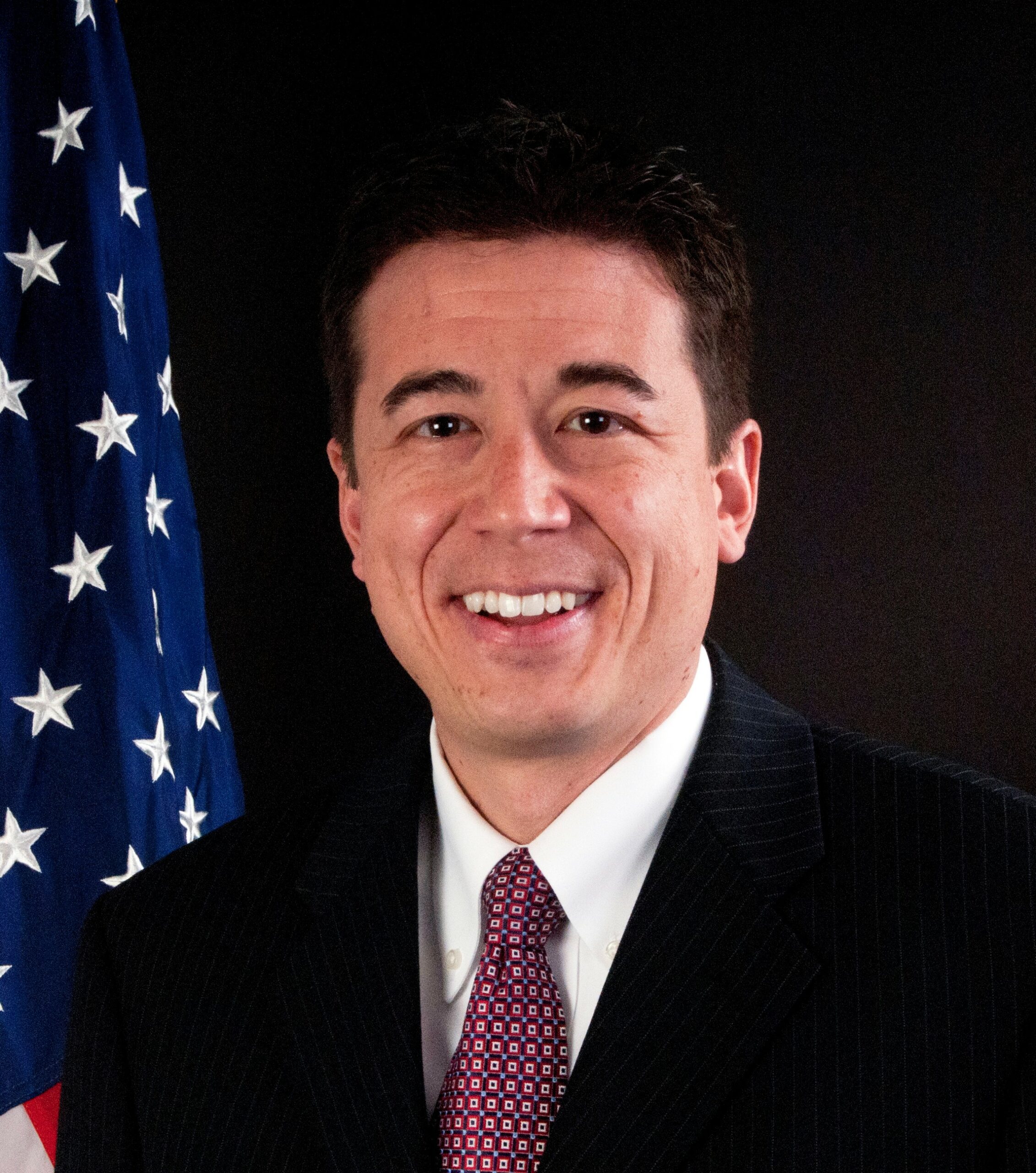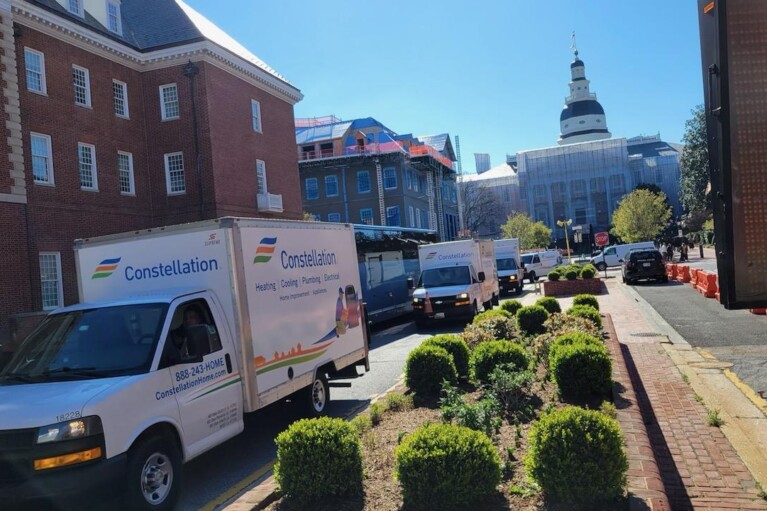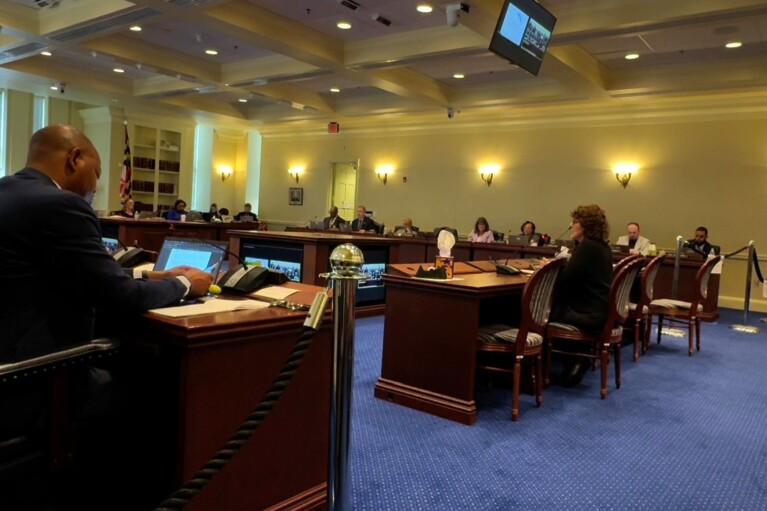Critics of Stealthy But Heavily Lobbied Energy Bill Say It’s Bad for Consumers

On Feb. 26, in an extraordinary display of unity, all five members of Maryland’s Public Service Commission traveled to Annapolis to testify in the Senate Finance Committee against sweeping legislation that would change the way rates are set for the state’s biggest electric utility companies. The Office of People’s Counsel, the state agency that represents consumers’ interests in matters of utility regulation, also testified against the measure.
That night, Baltimore Gas & Electric, one of several large utilities supporting the bill, treated members of the Finance Committee and the House Economic Matters Committee to dinner at an Annapolis steakhouse.
Two weeks later, what’s known as the Alternative Rate Plan bill, perhaps the most heavily-lobbied piece of legislation this General Assembly session, but one that has largely flown under the radar, is starting to move – and starting to attract some attention. Economic Matters passed it unanimously on Wednesday night, and on Thursday morning, the legislation received preliminary approval on the House floor after a “debate” that lasted approximately 30 seconds.
“Is this bill good for consumers?” asked Del. Jon Cardin (D-Baltimore County).
“Yes,” replied Economic Matters Chair Dereck E. Davis (D-Prince George’s).
Shortly after, AARP, the lobbying group for senior citizens, put out an alert, pleading with its members to contact lawmakers and urge them to kill the bill.
“AARP needs YOUR help to Protect Maryland rate payers!” the alert read. “…The bill is described as a “Utility Wish List” because the Energy Lobby LOVES it!”
The AARP missive went on to list all the high-paid, plugged-in lobbyists who are working to pass the bill on behalf of Exelon, BG&E, Pepco, Delmarva Power and Washington Gas.
The bill, as would be expected with any legislation governing the regulation of electric utilities, is dense and arcane. In the view of supporters, it’s designed to give both utilities and regulators extra flexibility when it comes to determining how electric rates are set.
Under current Maryland law, the Public Service Commission reviews utility companies’ costs from the previous year to determine what rates to set for the upcoming year. But the legislation allows for different ways to calculate ratepayer costs – including looking ahead to the strength of energy markets, the utilities’ financial stability, and even external forces like weather and climate.
“This bill brings Maryland a more efficient and progressive regulatory framework,” Davis, who sponsored the bill, testified at his panel’s hearing on Feb. 21.
The sponsor of the Senate version of the bill, Finance Vice Chair Brian J. Feldman (D-Montgomery), said the legislation merely modernizes the rate-setting structure, and aligns Maryland with 38 other states that have already adopted some form of this regulatory system.
“We’re the outliers,” Feldman said in an interview.
Utilities say it will streamline the regulatory process and help both consumers and electricity providers.
In a statement Thursday to Maryland Matters, BG&E said the legislation provides consumers “with more transparency and predictability on their energy costs.”
“Utilizing more modern rate setting methods will ensure we continue to deliver safe, secure and reliable energy to our customers,” the statement said. “We are preparing for climate change, making the system more resilient and interconnected with distributed technologies and providing the services our customers demand.”
But the PSC, the People’s Counsel, and other critics of the legislation say it would remove safeguards that protect consumers from high prices and subpar service.
The bill “has far-reaching and uncertain implications on the commission’s existing authority to set just and reasonable utility rates in Maryland,” PSC Chair Jason M. Stanek said in written testimony.
The People’s Counsel argued that the legislation gives too much power to utilities to dictate their own rates “without any assurance that the new rates would benefit customers.”
The PSC notes that Maryland was recently rated third in the nation when it comes to modernizing its electric grid, according to GridWise Alliance.
But the energy companies supporting the Davis-Feldman bill are represented by a Dream Team of lobbyists, who have ties to every influential lawmaker in Annapolis. BG&E has its own in-house lobbyists and also uses powerhouse firms Harris Jones & Malone; Gerard E. Evans, Ltd.; Venable, LLC; and Schwartz, Metz & Wise, P.A. Exelon uses its own in-house lobbyists and also has Capitol Strategies, LLC; Manis Canning and Associates; and G.S. Proctor & Associates, Inc. working for it.
Pepco and Delmarva Power use their own lobbyists and also Manis Canning; G.S. Proctor & Associates; Rifkin Weiner Livingston LLC; and DLA Piper. Washington Gas has its own lobbyists and also uses Bruce C. Bereano; Capitol Strategies; G.S. Proctor & Associates; and Venable.
Also working the bill is Robert M. Glidewell, a former Washington Gas lobbyist who now does consulting work for several energy companies.
One powerful entity has lined up against the bill: the Apartment and Office Building Association of Metropolitan Washington.
“While the bill may provide a more streamlined method for gas and electric companies to alter their rates, it does so by limiting factors that the Public Service Commission may consider in a rate case,” Ronald W. Wineholt, executive vice president for government affairs at AOBA testified.
But even while it’s opposing this bill, it appears as if the PSC is getting ready to at least consider embracing some of the changes the legislation proposes. The regulatory agency is hosting a technical conference on April 30 to explore the experiences of other states with alternative ratemaking concepts and to get input from key stakeholders.




 Creative Commons Attribution
Creative Commons Attribution